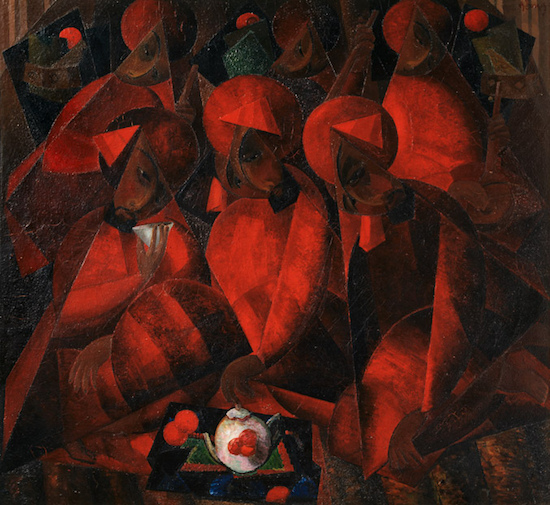
Александр Николаевич Волков: Pomegranate Tea House (1924)
Our Muslim brothers are, right now, celebrating the end of the Ramadan fast. I wish them well. While I have no antipathy toward Muslim men, and I don’t intend to consciously disrespect any man who reads here, this joyous event opens up the possibility of discussing a constellation of widespread misconceptions among North Americans.
Too often I see brothers idealizing Islam, as a way to fight feminism. Their delusion centers around Hollywood stereotypes of Muslim men as strong and in charge, and Muslim women as chaste, obedient, modest, sweet and helpful.
This bit of propaganda is more than just a factor in the widespread Islamophilia I see among men on the internet. It has the potential to be quite dangerous. Young men pass around the meme that one needs only to immigrate to some Muslim country and marry a Muslim chick, or to import a mail-order Muslim wimminz to the U.S.A., and he will have the makings of a trouble-free family.
This is naïve at best.
I have known many Muslim women, and fucked a few, and my experience suggests that Muslimahs are possessed of all the evil qualities of American whores. The only difference I was able to ferret out is an added propensity for being excellent liars. Where the American bitch will take pride in her calling as harlot, the Muslim woman is an excellent pretender in public. When the doors shut behind her, she’s as dirty as any Las Vegas barfly.
Of course, I don’t expect a young brother to take my word for any of this. In honor of the holiday, we’ll dispense with my useless anecdotes, and examine a real-world incident, that illustrate the actual homemaking and mothering skills of Muslim wimminz.
Let’s meet young Ayesha Ali.

Scratch that. We’ll never get the chance to meet Ayesha, because she’s dead as dirt. Tragically, no one knows the exact day she died. She was found in her North London bedroom, with her head caved in, on 29 August, 2013. First responders report that she “had been dead for some time.” Blood trails suggest that she had been locked in her room days before, to desperately crawl around and beg for help, as she slowly bled out on the floor. They estimate that the poor kid died two or three days before her discovery.
Who could do something so monstrous? It must have been her father, right? That’s what the feminist media is always telling us.

Afsar Ali: Forced to fund the murder of his child
Afsar Ali, young Ayesha’s dad, couldn’t have done the deed. Months before, Ayesha’s mom found an accomplice in a faggot judge down in the divorce courts. We don’t know exactly what happened, because in the U.K., divorce court proceedings are sealed. What we do know is that immediately after she walked into the divorce court, skank-ho wimminz Polly Chowdhury was granted sole legal and physical custody of young Ayesha, and her ex-husband was threatened with a long prison sentence if he attempted to make contact with his own little girl.
Of course, Mr. Ali was expected to keep paying all the bills. Princess must continue in the style to which she has grown accustomed, and all that…

Polly Chowdhury: Child murderer
Once free of the patriarchal oppression of her Muslim marriage, skank-ho Polly moved her lesbo girlfriend, one Kiki Muddar, into the home that her ex-husband was paying for. Evidence suggests that the two hateful bulldykes immediately commenced to torturing young Ayesha for their own sadistic amusement.

Kiki Muddar: Child murderer
When rescuers found Ayesha’s lifeless corpse, they made a hideous discovery. Months of brutality were recorded in her flesh. She was covered in bruises, scrapes and bite-marks. Authorities also found a diary which Ayesha kept hidden in her room. It became clear that Ayesha had been subjected to considerable psychological stress, and the two dykes appear to have “brainwashed” her into believing that she deserved the abuse they randomly dished out.
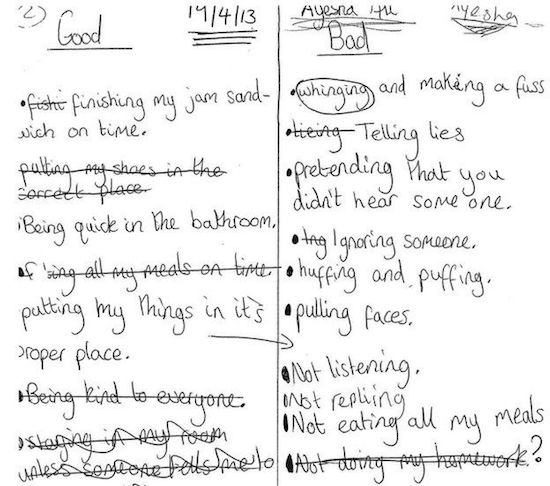
When they weren’t torturing young Ayesha, the two dykes amused themselves by taunting her father in text messages, saying things like:
“Your daughter will soon be dead”
and
“You have no right to ever love your evil daughter”
One would think that these two empowered feminist wimminz, who had treated a little girl so badly, would be given some prison sentence commensurate with their crimes. A sentence of life in prison would not be unreasonable. It was not to be. They were lavished with sympathy in the British press, and the courts have so far treated them as “victims” in the whole affair. Skank-ho mommy got 13 years, and her dyke girlfriend got 18 years, and both are due to be released long before their sentences run out, so that they can go do it again to some other kid. In the meantime, Ayesha won’t be celebrating any more holidays, and her father has been effectively destroyed.

Ayesha Ali, dead at eight-years old. RIP
Read More
BBC: Bizarre Relationship Led To Killing
ITV News: Mother Who Tortured Daughter Jailed

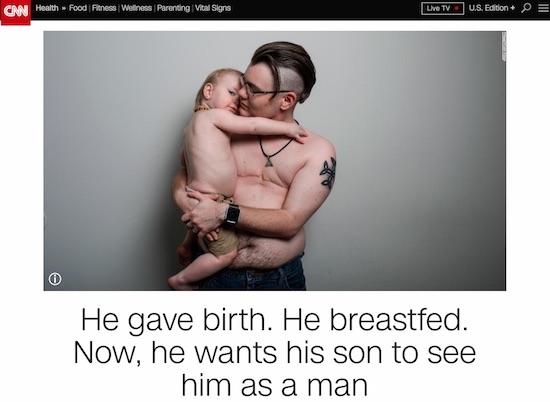









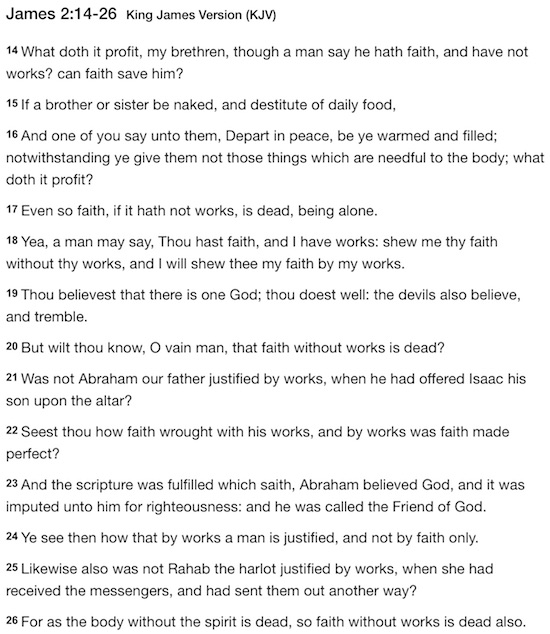
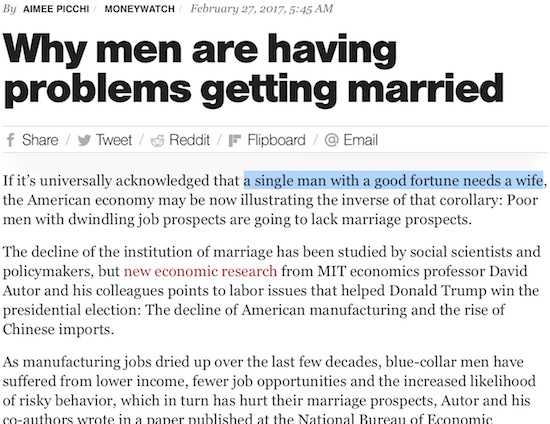





 So, you’ve met some sweet thing a couple months back. You’ve gone out with her a few times, maybe fucked. On the surface, your girl seems almost perfect. She cooks for you, she’s sweet and respectful, she’s fun to be around. You’ve done your due-diligence. She’s not too much of a ho’, and she seems to have decent relationships with her family.
So, you’ve met some sweet thing a couple months back. You’ve gone out with her a few times, maybe fucked. On the surface, your girl seems almost perfect. She cooks for you, she’s sweet and respectful, she’s fun to be around. You’ve done your due-diligence. She’s not too much of a ho’, and she seems to have decent relationships with her family.